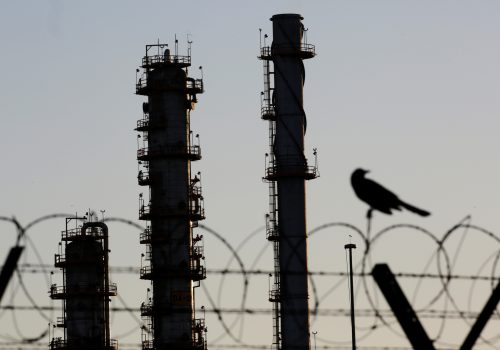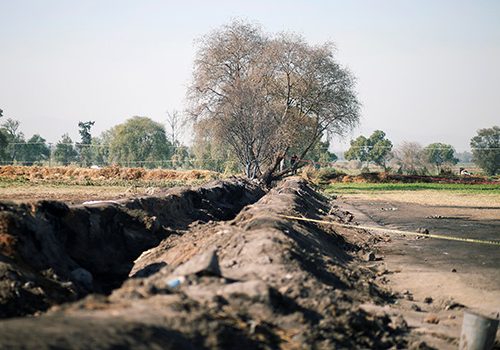Downstream oil theft poses a significant threat to local and regional prosperity, as well as to global stability and security. In 2016, the Atlantic Council Global Energy Center published the first comprehensive study on downstream oil theft, launching a body of work on this important topic. Led by Global Energy Center Senior Fellow Ian Ralby, this initiative seeks to identify and assess the various ways oil theft occurs and provide recommendations for policymakers and stakeholders to combat oil theft moving forward.
New report
Featured commentary & analysis
The Downstream Oil Theft initiative provides timely commentary and analysis on the significant threats that downstream oil theft poses to local and regional prosperity around the world.
Featured in-depth research & reports
The Downstream Oil Theft initiative produces in-depth research and reports to identify and assess the various ways oil theft occurs and provide recommendations for policymakers and stakeholders to combat oil theft moving forward.
Expert
Downstream Oil Theft in the news

The Global Energy Center develops and promotes pragmatic and nonpartisan policy solutions designed to advance global energy security, enhance economic opportunity, and accelerate pathways to net-zero emissions.







